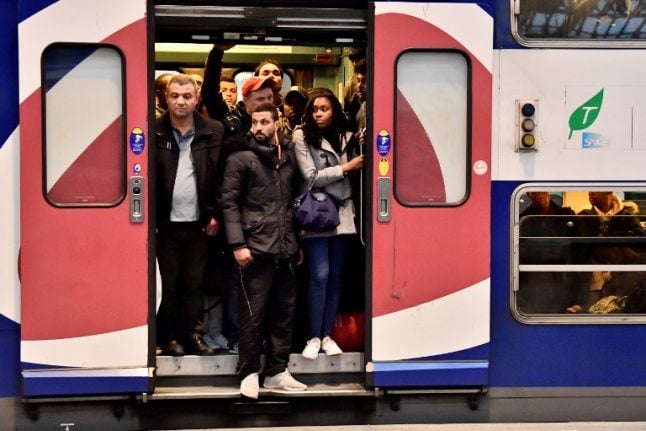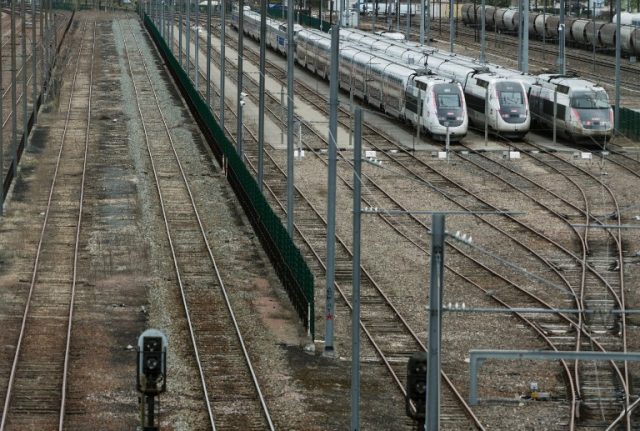railway workers' privileges and change the status of the SNCF.
Macron's reforms.
onto the street.
figures.
insisted he will not back down.
The CGT union blasted him as “a hesitant president who didn't say much, who in all likelihood has not got a good understanding of the reform plans, and who, far from reassuring us, has strengthened the determination of the rail workers”.
The unions object to plans to deny new SNCF recruits benefits such as jobs for life and early retirement, and fear Macron's proposal to transform the operator into a state-owned joint stock company could eventually see it privatised.



 Photo: AFP
Photo: AFP Please whitelist us to continue reading.
Please whitelist us to continue reading.
Member comments